Understanding the Mechanics of Child Therapy: A Guide for Parents
Understanding the Mechanics of Child Therapy: A Guide for Parents
Childhood is a time of rapid growth and development, both physically and emotionally. However, sometimes children encounter challenges or struggles that can impact their well-being and cause conflicts at home or in school. Therapy can be a valuable tool in helping children navigate these difficulties and build resilience. In this blog post, we'll explore how child therapy works, its benefits, and what you can expect when seeking help for your child.
Understanding Child Therapy
Child therapy is designed to help children address emotional, behavioral, and social issues. Unlike therapy for adults, child therapy is tailored to meet the unique developmental needs of young individuals. At IMPACT we believe play is the primary language of childhood and we use play and playfulness in all of our sessions with children.
Assessment and Evaluation
The first step in child therapy typically involves an assessment and evaluation process. We often meet first with parents to learn more about your child's strengths, challenges, and your specific areas of concern. Sometimes we ask parents to fill out brief surveys to learn more about specific areas of concern such as anxiety, depression, or trauma. Obtaining a thorough history allows us to develop a treatment plan specifically tailored to your child's needs.
Establishing Trust and Rapport
Building a trusting relationship between the child and the therapist is crucial for the success of therapy. Our therapists often use play therapy, art therapy, or other creative techniques to engage children and create a safe space where they feel comfortable expressing themselves. For children with separation anxiety, we will sometimes invite parents in to join early therapy sessions.
Addressing Emotional and Behavioral Issues
Our therapists utilize a variety of evidence-based techniques to help children cope with and overcome emotional and behavioral challenges. These may include:
Cognitive-Behavioral Therapy (CBT), which helps children identify and change negative thought patterns, or mindfulness-based approaches to help them manage stress and anxiety
Regulation Focused Psychotherapy for Children (RFP-C), which is designed to support children who have trouble with anger and intense emotions
Dialectical Behavior Therapy for Children (DBT-C) and Adolescents (DBT-A) which supports children struggling with depression, self-harm and suicidal behaviors, trauma, emerging borderline personality disorder traits, family conflict, and high risk behaviors
Mentalization Based Therapy for Children (MBT-C), which is designed for children struggling with anxiety, depression or behavioral problems. MBT-C may also be suitable for children with traumatic experiences or children who have experienced loss.
Trauma-Focused Cognitive Behavioral Therapy (TF-CBT), a short-term treatment that helps children, adolescents, and their caregivers recover after trauma.
IMPACT offers a wide range of treatments and often integrates treatment modalities seamlessly to support your child’s unique needs.
Parent Involvement
In many cases, involving parents or caregivers in the therapy process is essential for supporting the child's progress. Your child’s therapist may provide you with guidance on effective parenting strategies, communication techniques, and ways to create a supportive home environment.
Benefits of Child Therapy
Child therapy can offer numerous benefits for children and families alike, including:
Improved emotional regulation and coping skills
Enhanced self-esteem and self-confidence
Better communication and interpersonal relationships
Reduction in symptoms of anxiety, depression, and other mental health disorders
Increased resilience and ability to navigate life's challenges
Better school performance
Stronger relationships with friends, parents, and siblings
Conclusion
Child therapy can be a valuable resource for children and families facing emotional and behavioral challenges. By providing a supportive and nurturing environment, our therapists help children develop the skills they need to thrive. If you're considering child therapy for your child, don't hesitate to reach out to schedule an initial consultation with one of our skilled therapists. Remember, seeking help is a sign of strength, and early intervention can make a significant difference in your child's life.

